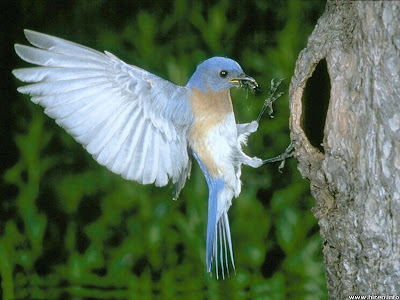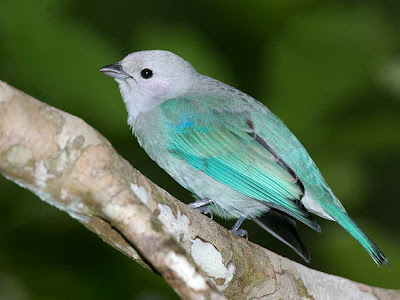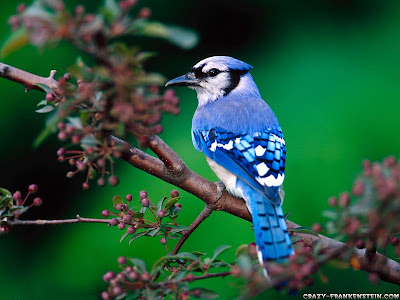Monday, April 25, 2011
bird
Birds are feathered, winged, bipedal, endothermic (heat-blooded), egg-laying, vertebrate animals. Round 10,000 dwelling species makes them essentially the most speciose class of tetrapod vertebrates. They inhabit ecosystems across the globe, from the Arctic to the Antarctic. Extant birds vary in size from the 5 cm (2 in) Bee Hummingbird to the 2.75 m (9 ft) Ostrich. The fossil record signifies birds advanced from theropod dinosaurs during the Jurassic period, round 150-200 million years ago (Ma), and the earliest recognized bird is the Late Jurassic Archaeopteryx, round one hundred fifty-one hundred forty five Ma. Most paleontologists regard birds as the only clade of dinosaurs to have survived the Cretaceous-Tertiary extinction occasion approximately 65.5 Ma.
Modern birds are characterised by feathers, a beak with no enamel, the laying of exhausting-shelled eggs, a excessive metabolic price, a four-chambered heart, and a light-weight but sturdy skeleton. All residing species of birds have wings - the now extinct flightless Moa of New Zealand was the one exception. Wings are advanced forelimbs, and most fowl species can fly, with some exceptions, including ratites, penguins, and quite a lot of numerous endemic island species. Birds even have distinctive digestive and respiratory techniques which are extremely adapted for flight. Some birds, especially corvids and parrots, are among the most intelligent animal species; various bird species have been observed manufacturing and utilizing tools, and lots of social species exhibit cultural transmission of information across generations.
Subscribe to:
Post Comments (Atom)





No comments:
Post a Comment